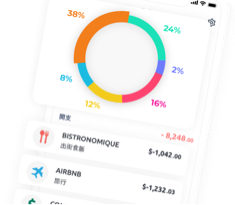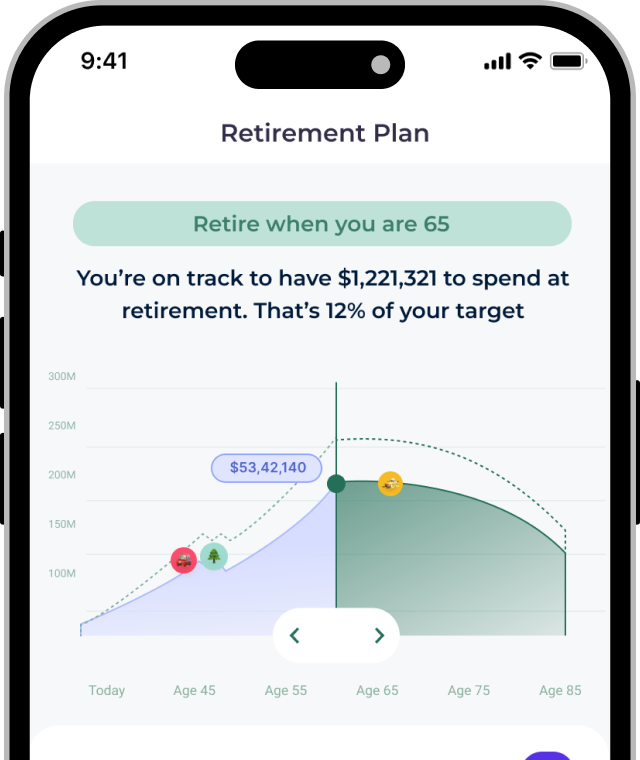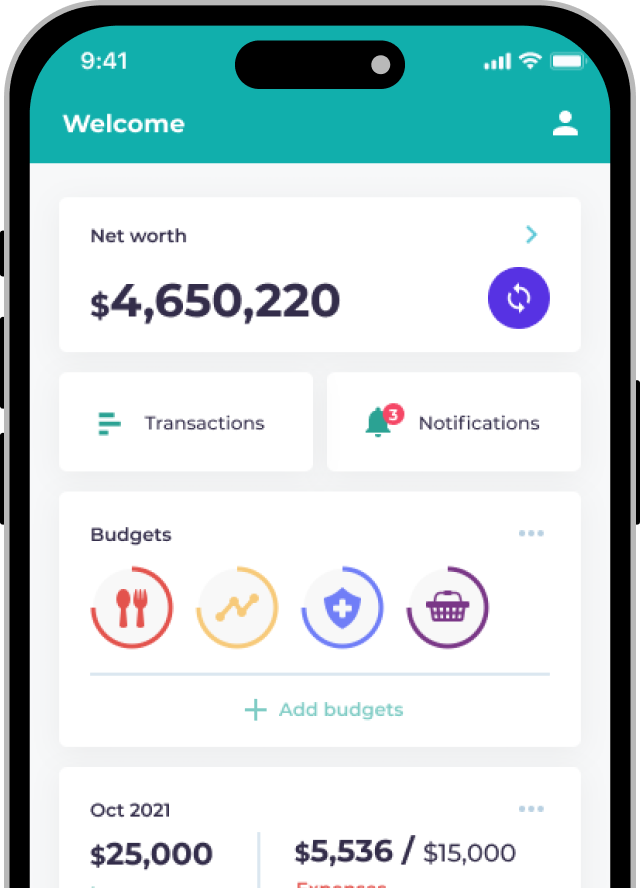Overseas property investment is a popular topic among many Hong Kong consumers who are attracted to their (relative) affordability, rental yield, or the potential prospect of future emigration.
There are many things to consider when it comes to a large decision like property investment. For those of you who have decided on a city/country and have found your ideal overseas property, one of the last steps is to think about cost and mortgage options, in which the mortgage interest expense is a vital factor in your decision-making process.
In this article, we will be exploring a potential role that personal loans in Hong Kong can play in overseas property investment.
Overseas mortgage interest rates can be much higher than those in Hong Kong
Mortgage interest rate varies from one country to another. In general, fast growing countries (also typically countries with higher rental yield) tend to have a higher mortgage interest rate when compared to Hong Kong.
| Countries/Regions with High / Low interest rate | Rental yield | Mortgage interest rate |
| Low interest rate: Taiwan, Japan, Malaysia, Canada | 2% to 4% | 2% to 4% |
| High interest rate: Thailand, Vietnam, Indonesia | 4% to 7% | Up to 8% |
Mortgage interest rates in certain countries like Thailand, Vietnam and Indonesia can be as high as 8% – this is more than double of Hong Kong’s typical fixed-rate mortgage of 2% to 3%.
Potential role of Hong Kong personal loan in overseas property investment
Depending on your credit profile, interest on banks’ and virtual banks’ personal loans in Hong Kong can be as low as 1.8%. This opens up the possibility of taking a cheaper loan to free up your savings for property investment. For example, you could increase your down payment in order to reduce overseas mortgage amount OR simply replace overseas mortgage all together if the property value is low enough / you have enough savings.
Impact of mortgage interest rate difference on your overall expense
While it is logical that lower interest rate will result in lower interest payment, but by how much?
There are multiple factors that impact total interest expense, the 2 major factors are interest rate and payment period. Check out another article that talks about these 2 factors in more detail.
To illustrate the potential impact of Hong Kong personal loan in overseas property investment, 2 calculations are provided below:
Scenario 1: property investment in high interest rate country that requires HK$750,000 of personal loan or mortgage
| Mortgage – Overseas package – Interest rate: 6% – Term: 20 years | Personal loan – Hong Kong package – Interest rate: 2% – Term: 3 years |
| Monthly repayment: HK$5,373 | Monthly repayment: HK$21,482 |
| Total interest expense: HK$539,576 | Total interest expense: HK$23,350 |
| Total repayment: HK$1,289,576 – Principal 58% – Interest 42% | Total repayment: HK$773,350 Principal 97% Interest 3% |
In this scenario where the overseas mortgage package has a high interest rate, potential saving from personal loan in Hong Kong can be staggering as the difference could be as high as HK$500,000. As an example, an investment of HK$1m million in Vietnam could end up being HK$1.5 million when factoring in interest expense from mortgage (of course this would likely come with higher value appreciation and rental yield of a fast growing economy).
Scenario 2: property investment in low interest rate country that requires HK$750,000 of personal loan or mortgage
| Mortgage – Overseas package – Interest rate: 2% – Term: 20 years | Personal loan – Hong Kong package – Interest rate: 2% – Term: 3 years |
| Monthly repayment: HK$3,794 | Monthly repayment: HK$21,482 |
| Total interest expense: HK$160,590 | Total interest expense: HK$23,350 |
| Total repayment: HK$910,590 – Principal 82% – Interest 18% | Total repayment: HK$773,350 – Principal 97% – Interest 3% |
On another hand, if the overseas mortgage package has a low interest rate, potential saving from personal loan in Hong Kong will not be significant.
One very important point to note is about monthly repayment. Long term borrowing like a mortgage will have a much lower monthly repayment when compared to short term personal loan. In the scenario above, a personal loan option may not be worth considering due to the limited saving potential that comes with a high monthly repayment requirement.
Other key personal finance considerations
- Monthly repayment: taking a large personal loan means high monthly repayment which will place a heavy burden on your monthly cashflow. Personal loan should only be considered if A) you have emergency saving and B) you are still able to save money after regular expenses and repayment on a monthly basis
- FX rate: taking a loan in Hong Kong dollar while the property value and rental return are denominated in foreign currency means any currency movement against Hong Kong dollar will lower your investment return
- Tax: Every country has a different taxation system and it may increase the cost of your investment or reduce eventual investment return
- Local mortgage offer: local banks may have mortgage offers that help to reduce overall interest costs. This could come in many forms such as deposit of excess saving or step-up repayment plan
Property investment, no matter in what country is a big decision. It is advisable to do research well ahead of time. If you are looking for more information, feel free to check out the Investor and Financial Education Council or the Chin family for more resources.
Recommended Readings
- HK Homeowners Gain Tax Advantages by Transferring Property Ownership. Here’s How it Works and the Risks
- Airstar Bank Personal Loan〡 Instant Approval Online〡Exclusive Cash Rebate
- Investing in gold, gold ETF and paper gold: Pro, con and low barrier to entry alternatives
Important information:
Investment involves risks. This information is intended to be educational and is not tailored to the investment needs of any specific investor. This information does not constitute investment advice and should not be used as the basis for any investment decision nor should it be treated as a recommendation for any investment or action. Past performance is no guarantee of future results. The value of investments and the income from them can go down as well as up, so you may not get back what you invest.
To borrow or not to borrow? Borrow only if you can repay!






















